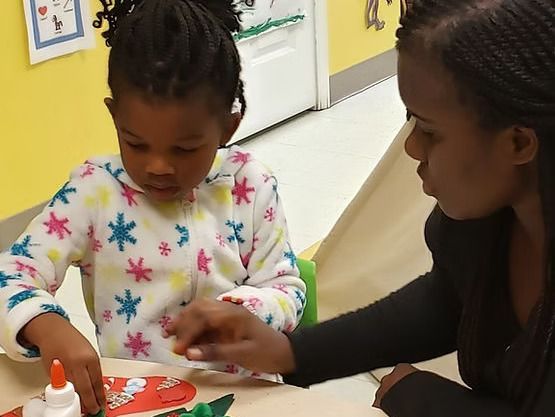What if a simple, daily routine could shape your child's future?
Imagine your toddler waking up knowing what comes next—breakfast, playtime, learning, naps—like clockwork. That predictability doesn’t just make mornings easier; it builds your child’s confidence and mental strength. At Evans GA child development center, experts understand how structure quietly strengthens early minds. Here’s why routine is more than just habit—it’s hidden magic at work.
The Invisible Comfort: How Routine Builds Emotional Security
Children thrive when they know what to expect. Predictable routines create a sense of control, reducing anxiety and boosting emotional stability. When a child feels secure, they’re more likely to explore, engage, and connect.
Research confirms it. According to the American Academy of Pediatrics, children with regular daily routines show fewer behavioral issues and more emotional resilience. Stability fuels self-regulation—one of the most vital early skills your child needs for success in school and life.
At Evans GA child development center, the daily rhythm of the educators supports emotional safety—from warm welcomes to consistent transition times. It's more than a schedule; it's a comfort zone where your child feels seen and supported.
Smart Scheduling: The Power Behind a Thoughtful Toddler Daily Schedule
A well-structured day isn’t about rigid time slots—it’s about rhythm. Here’s how smart routines shape behavior and thinking:
Benefits of a Thoughtful Routine:
- Boosts focus and memory: Predictability reduces distractions, helping children concentrate better.
- Encourages cooperation: Children are more likely to follow instructions when they know what’s coming next.
How Routine Supports Development in Young Children?
Beyond Routine: Can Flexibility and Structure Coexist?
Absolutely. While the schedule offers a safe foundation, flexibility helps children adapt to small changes without distress. Think of it as a gentle balance: firm roots with the freedom to sway.
Discovery Zone Kids Daycare Grovetown has mastered this balance by blending guided activities with moments of choice. This method helps toddlers learn to self-regulate while developing a strong sense of independence.
Here’s the cliffhanger:
What happens when there’s no routine at all? The answer might surprise you—and highlight just how vital structure really is. Children without daily routines often show signs of sleep issues, irritability, and learning delays.
Why Structure Sparks Long-Term Learning and Curiosity
Routine isn’t just about the now. It builds brain pathways that help kids retain knowledge and think critically. Each repeated activity—whether it’s handwashing or clean-up time—becomes an early lesson in responsibility, time awareness, and planning.
Think of routines as mini life lessons. When children know “what’s next,” they can focus their energy on learning instead of worrying. Structure sets the stage for lifelong curiosity—something professional educators value deeply in their learning-through-play approach.
And for military families or working professionals, knowing your child is in a stable, nurturing space gives you peace of mind, too.
Ready to Create Consistency in Your Child’s Life?
If you’ve been searching for a warm, structured environment where your child can feel safe while exploring their world, our program could be your perfect fit. With a play-based, emotionally secure approach, Evans GA child development center offers more than care—they offer early life tools that last.
Want to learn more? Come experience the power of routine—in action.
